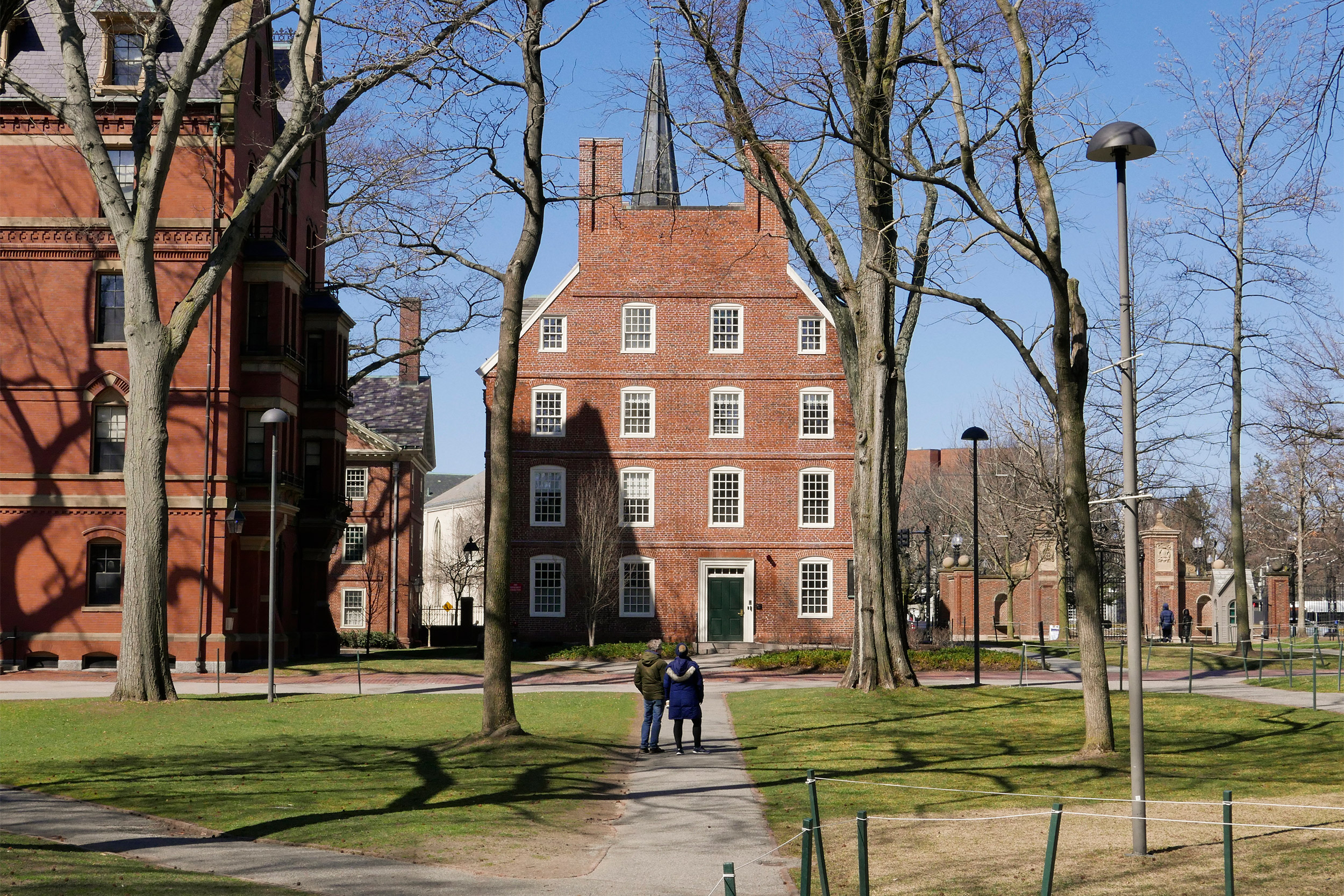
Massachusetts Hall in Harvard Yard.
Jon Chase/Harvard Staff Photographer
Culture Lab Innovation Fund award winners announced
Projects address the needs of Harvard’s most vulnerable community members
The Office of Diversity, Inclusion, and Belonging (DIB) last week announced grant winners of this year’s round grants from the Harvard Culture Lab Innovation Fund (HCLIF). The awards provide students, staff, faculty, and postdocs with funds to pursue projects advancing DIB’s goals at Harvard.
The 10 awardees for fiscal year 2020, rigorously winnowed from a field of nearly 100 applicants across the University, address the needs of some of Harvard’s most vulnerable community members, including undocumented students, students with disabilities, LGBTQ community members, first-generation/low-income students, racial minorities, and marginalized genders.
“With our annual investments in innovative solutions, we are helping to ensure that Harvard University will soon realize and sustain a campus culture wherein everyone can thrive,” said John Silvanus Wilson, senior adviser and strategist to President Larry Bacow. “Each of the awarded projects directly enhances the experiences of those from Harvard’s groups previously excluded or marginalized, while indirectly improving the overall campus culture. That is both long overdue and especially important during these difficult times. I am confident that these newly funded initiatives will help to measurably move Harvard University toward sustainable inclusive excellence.”
The awardees include:
- An online race research and policy portal led by Kennedy School Professor Khalil Muhammad, whose objective is to “evaluate existing evidence-based research and publications in areas of policy, practice, and organizational change as they relate to racism, racial equity, and anti- racism so that all Harvard affiliates can quickly access high-quality research for use in the classroom, research, and curriculum development.”
- The undergraduate student-led Harvard H.U.B. (for Here U Belong), an interactive digital platform that uses technology and storytelling to connect undergraduate students to campus resources.
- A mentoring technology called SySTEMatic designed to support diversity for students, faculty, postdocs, and staff in the STEM fields.
- The NextGen initiative, submitted by a broad cross-functional team from various Schools and units at the University, which is a multiplatform project that aims to enhance the experience of all students who are the first in their families to pursue an undergraduate or graduate degree, including undocumented and low-income students.
For fiscal year 2020, the fund sought projects using technology-driven solutions to social problems. The grants ranged from $2,000 to $25,000. Submissions were judged based upon their alignment with the goals of the Presidential Task Force Report on Inclusion and Belonging; application of inclusive design principles, innovation, and measurable impact; and how submissions aspired to the values of One Harvard.
The full list of winners, and details about each of the 10 projects, can be found on the DIB website.





